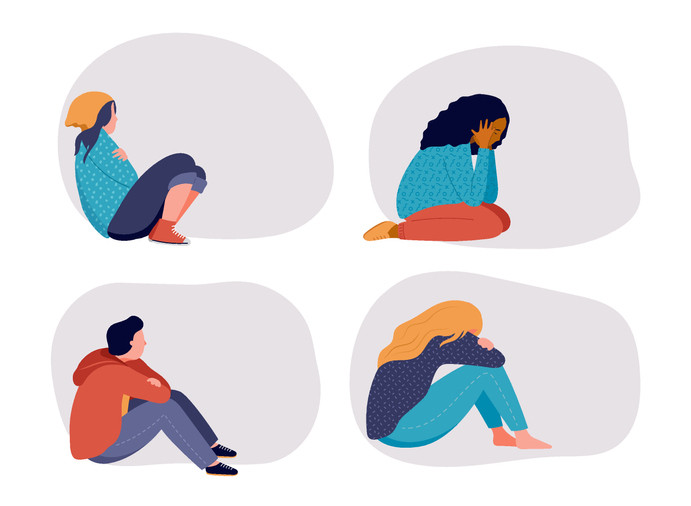Eva Guo (10) | STAFF REPORTER
The shift of services to online platforms has been one of the most significant changes in recent years. From telemedicine to online education, this transition has reshaped how people can access essential services— a crucial step towards a more accessible and efficient society.
One of the most celebrated advantages of online services is their accessibility. Take telemedicine for example. Patients can consult medical specialists from the comfort of their own house, something that is quite appreciated when one is sick. Similarly, online education opens doors to courses that students may not be able to access in-person, as well as allowing them to learn in a more comfortable and flexible environment.
Additionally, creating online services allows providers to serve a larger group of people with fewer resources, thus increasing efficiency. For example, a single online course can accommodate thousands of students worldwide, while a traditional classroom is much more limited.
Demonstrating the importance of the accessibility of online services is the recent COVID-19 pandemic. Such a rapid shift into lockdown would have caused mass disarray in the past. However, due to online alternatives, businesses transitioned to remote work, healthcare providers to telemedicine, and schools to online learning so that society kept functioning with minimal disruptions.
A common fear surrounding this technological shift is that human connection — crucial in services such as therapy or education — will be lost, leading to feelings of isolation. However, such fears overlook the adaptability of online platforms. Video calls and interactive tools have evolved to successfully replicate and even enhance their traditional counterparts. Fears such as these are often overstated as critics underestimate the technological advancements made to accommodate the online transition.
The shift of services online improves accessibility, efficiency, and adaptability. While challenges exist, they are not as detrimental as made out to be and can easily be overcome.



